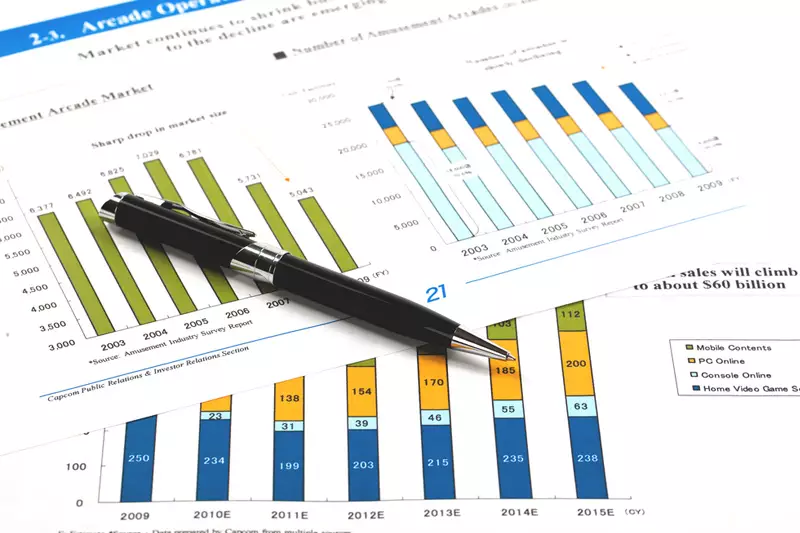The Russian government recently made changes to the mandatory sales of foreign currency for exporters if more than half of the value of their contracts is paid in roubles. This decision was made in an effort to prop up the rouble, which was under pressure from capital outflows and limited foreign currency supply. President Vladimir Putin signed the decree in October, mandating the reintroduction of capital controls that would affect companies in various industries such as fuel, energy, metal, chemical, timber, and grain.
Initially, certain Russian exporters were required to deposit a significant percentage of their foreign currency earnings with Russian banks and then sell a large portion of those proceeds on the domestic market within a short timeframe. This put a strain on exporters and limited their flexibility in managing their foreign currency earnings. However, with the recent changes in the government decree signed on May 30, there has been some relief for exporters. The government commission on foreign investments now has the authority to drop the foreign currency sales requirements for companies if more than half of the value of their foreign contracts are settled in roubles. This change will likely benefit exporters who rely heavily on domestic transactions.
It is worth noting that the central bank has raised concerns over the efficacy of these capital controls. The central bank believes that high-interest rates of 16% and strong export revenues have a more significant impact on supporting the rouble than the currency sales requirements for exporters. This differing opinion between the government and the central bank raises questions about the overall effectiveness of these measures in stabilizing the rouble. It remains to be seen how these conflicting views will be reconciled in the long term.
Despite the implementation of these measures, the rouble continues to trade near 90 to the dollar. This indicates that while the government may argue that the controls reduce the risk of rouble depreciation, the actual impact on the currency’s value is limited. The fact that the rouble is still trading at a relatively low value against the dollar suggests that additional measures may be needed to address the underlying issues affecting the Russian currency.
The recent changes to the mandatory sales of foreign currency for exporters in Russia represent a step towards providing relief to companies that rely on domestic transactions. However, the effectiveness of these measures remains uncertain, especially given the differing views between the government and the central bank. Moving forward, it will be important for Russian authorities to closely monitor the impact of these changes on the rouble and consider additional measures to address the currency’s underlying weaknesses.

